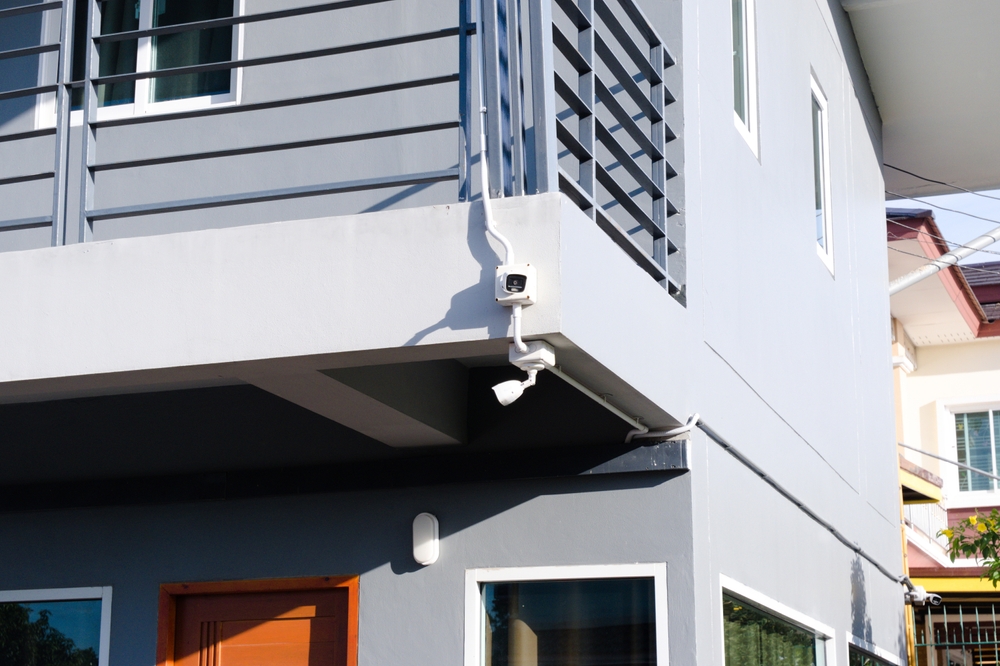
The answer depends on where your HOA is located. Nearly half of U.S. states have enacted solar access laws protecting homeowners' rights to install solar energy systems. These laws typically prohibit HOAs from banning solar panels outright but often allow them to impose "reasonable restrictions" related to aesthetics or placement.
Before approving or denying any solar panel request, boards should first check their state laws and then refer to their governing documents, particularly the CC&Rs and architectural guidelines.
State-Level Solar Access Laws
More than 25 states have statutes that limit an HOA’s ability to restrict solar panel installation. For example:
These laws generally allow HOAs to create reasonable design standards, such as requiring panels to be installed flush with the roofline or hidden from street view when possible. However, boards must be careful not to impose conditions that significantly increase installation costs or reduce efficiency.
In addition to statutory rights, some states recognize solar easements. These are voluntary legal agreements between property owners to ensure access to sunlight remains unobstructed. For instance, if a neighbor agrees not to plant trees that could shade your panels, this agreement must be documented and recorded.
Although solar easements aren’t required in all states, they can provide an extra layer of protection for homeowners in communities where solar access laws are less robust or non-existent.
There is currently no federal law governing solar panel rights in HOAs. Past legislative attempts, such as the 2009 American Clean Energy and Security Act, failed to pass. However, federal interest in renewable energy continues to grow, and future national legislation could standardize solar rights across states.
For now, HOA boards must rely on state statutes and their own governing documents to manage solar requests.
Even in states with strong solar access protections, exceptions exist. Historic districts, for instance, often restrict external modifications to maintain the character of the neighborhood. In these areas, solar panels may need to be hidden from street view or require additional approvals from preservation boards.
Other common exceptions include public safety concerns or building integrity issues. Boards should always confirm whether such exceptions apply and document any denials carefully to avoid potential legal disputes.
Even in solar-friendly states, HOAs can still regulate aspects of installation. Typical policy elements include:
Boards should ensure that their policies are in line with state laws and are applied uniformly to avoid claims of selective enforcement.
While solar panel requests can introduce challenges, they also offer long-term benefits for the community:
Boards that develop thoughtful, lawful solar guidelines demonstrate a commitment to both homeowner interests and the future of their community.
Solar panels aren’t just a passing trend—they’re a modern upgrade with tangible benefits. But managing solar installations in HOA communities requires a balanced, informed approach grounded in state law and community standards. When policies are clear and fair, boards can uphold property values while supporting residents' desire for clean energy.
Navigating complex legal language or crafting effective solar guidelines doesn’t have to fall solely on board members. An experienced property management partner can help interpret state laws, review governing documents, and develop enforceable, compliant policies. Gordon James Realty offers professional HOA management services that help communities stay compliant while embracing innovation. Reach out today to learn how our team can support your board and your homeowners.

Natural disasters are unpredictable—HOAs need the right insurance to protect common areas, residents, and reserves from costly damage and disruption.

Can condo owners install security cameras or doorbell cams? Learn how associations should handle cameras, privacy concerns, and common area restrictions.
We're proud to make partnering with us easy. Contact our team to connect with one of our industry experts and get started today.